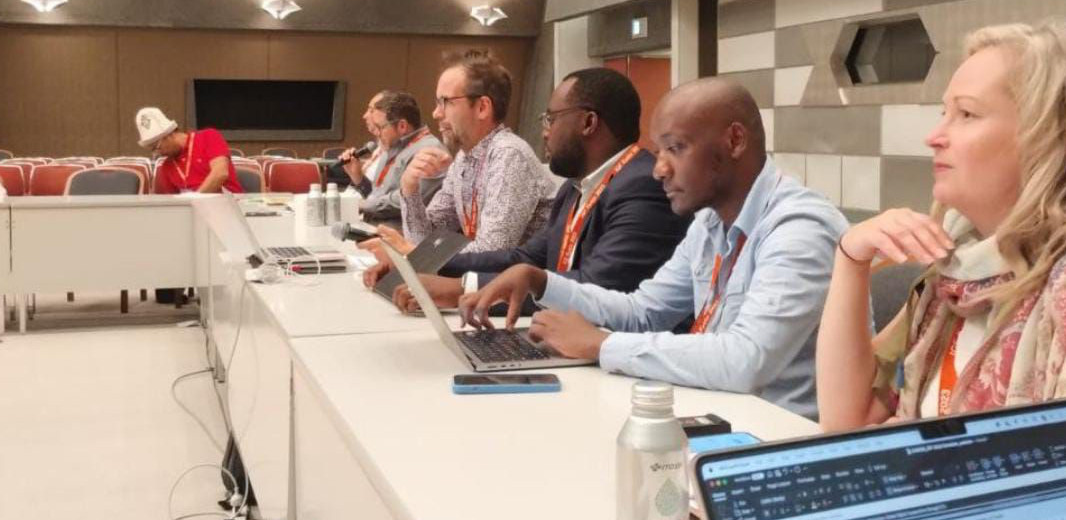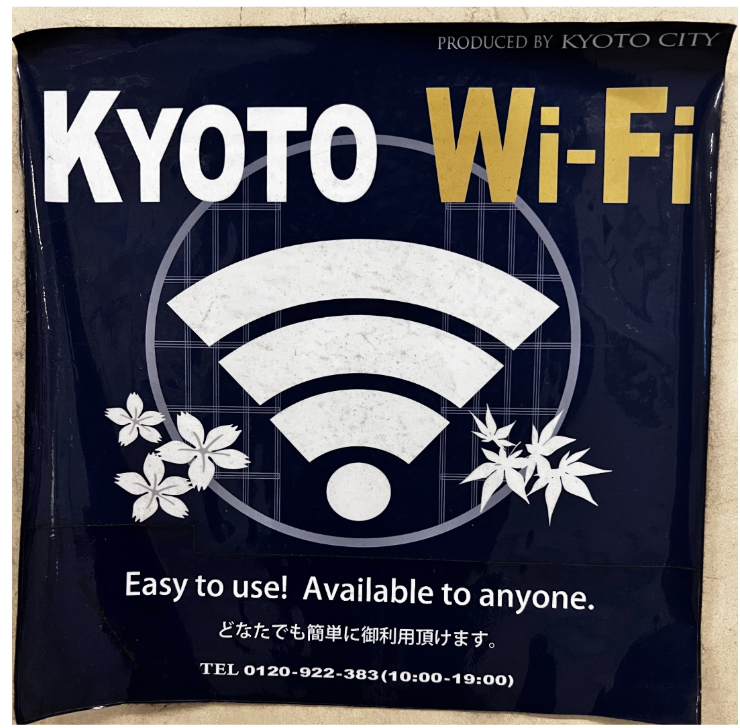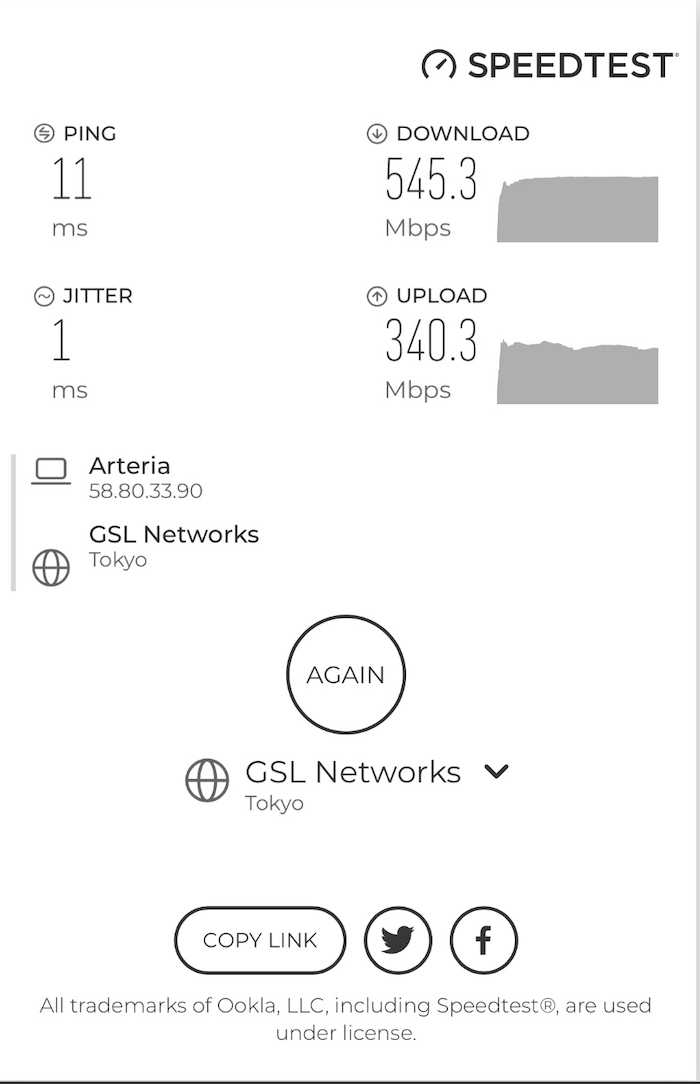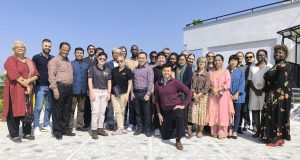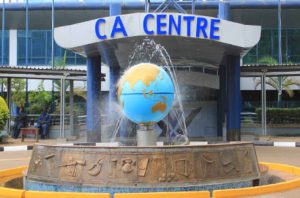The Global Internet Governance Forum (IGF) brings together various stakeholders to discuss public policy issues related to the Internet. It serves as a space for dialogue among governments, the private sector, civil society, and the technical community on an equal basis. The IGF does not produce negotiated outcomes but informs and inspires those with policy-making power in both the public and private sectors. The annual meetings of the IGF culminate in an annual gathering, where delegates discuss current and critical issues, share good practices, and exchange policy recommendations with one another. The resulting outputs are transmitted to global and national decision-making bodies.
The 18th annual meeting of the IGF took place in Kyoto, Japan from October 8 to 12, 2023. Organizations such as the World Association for Christian Communication (WACC), APC, KICTANet, and the Angaza Community Network participated in this event to promote Community Networks initiatives.
Speaking at the session on Day 0 Event #84 Agents of inclusion: Community networks & media meet-up about KICTANet’s work on digital inclusion on 8th October 2023, Mwendwa Kivuva, the KICTANet representative highlighted the Kenyan Community Networks landscape; where there is a Community Network licensing framework in place which was made possible by a collaboration between the Communications Authority of Kenya (CA), KICTANet, Rhizomatica, and the Association for Progressive Communications.
The regulator, the Communications Authority of Kenya (CA) has started shutting down and arresting unlicensed wireless service providers, and many are now applying for the CN license. There are around 10 license applications made to the regulator for CNs, with several of the CNs already issued with their operating licenses.
The Association of Community Networks (ACN) chaired by Barrack Otieno is now already formed and has about 15 members, and the collective action is helping the network lobby the government effectively – although there is still a challenge in getting government support, especially for excess government backhaul at the ICT Authority of Kenya, or applying for funding from the Communication’s Authority which manages the Universal Service Fund.
Power and electricity remain a big challenge especially in informal settlements because they don’t have reliable connection to the electric grid. The unreliable electricity usually has surges and burns out power adapters for the access points. Replacing these is costly both on time and dollar terms. Angaza Community Network has solar to the rescue at the Point of Presence centers.
KICTANet is collaborating with the local regulator, the Communications Authority of Kenya (CA), and the Ministry of ICT through the ICT Authority to help the government achieve its target of 25,000 WiFi hotspots in Kenya in the next five years. The network also gives local youths opportunities to learn about network deployment and management.
The target for the Angaza Community Network is to reach 20,000 unique users per month by mid-2025.
Access to spectrum and backhaul remains challenging for community networks because of the cost. For example, 100Mbps backhaul costs about USD1000/month, while 1Gbps costs USD10,000 monthly. Some governments within the global majority have free backhauls which can be tapped by these community networks for public good. Large ISPs can also subsidize backhaul for community networks.
Staff exits to larger organizations are also a big challenge for community networks. Community networks have become a good training ground for network engineers for larger corporations. CNs are capacitating for the nation.
Another challenge is sabotage and vandalism where equipment gets stolen.
Funding and sustainability remain a valid concern and CNs are always evolving to remain in operation. Some models that have been tested include subsidized shared costs to end users, advertisements, and sponsorships from development partners.
WACC had a blogpost showcasing the outcomes of he IGF participation in Kyoto, Japan. Kemly Camacho, director of WACC partner Coopertaiva Sulá Batsú in Costa Rica, reported on the development of Indigenous digital technologies through a community network led by the Association of Cabécar Women of Alto Pacuare. Policy advocacy was the focus of a presentation by James Gondwe, executive director of WACC partner Ulalo, formerly the Centre for Youth and Development, in Malawi. He shared learnings from a project to bring about better policy, regulatory, and financing frameworks that pave the way for the use of community networks to bridge connectivity gaps.
Outside the IGF, participants were impressed by the ubiquitous Free public Kyoto Wi-Fi in the streets of Kyoto which had speeds of 43.8Mbps for downloads, and 5.7Mbps for uploads. This is good for free street Wi-Fi.
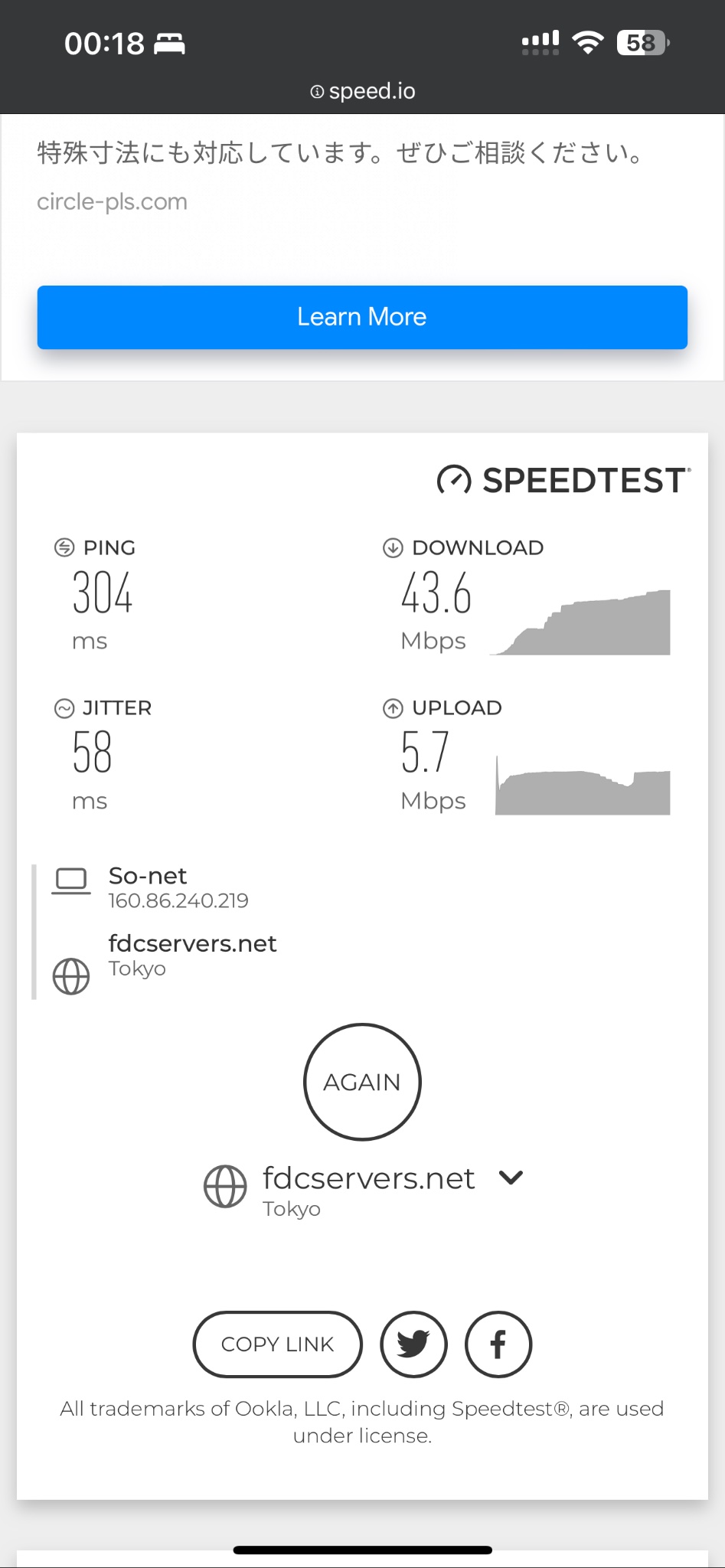
Speeds of Free public Kyoto Wi-Fi in the streets of Kyoto. 43.8Mbps for downloads, and 5.7Mbps for uploads.
Japan has one of the highest internet speeds in the world. For example, the hotel Wi-Fi had download speeds of 545.3 Mbps and download speeds of 350.3 Mbps
Overall, attending the IGF was a fulfilling networking experience as it brought together diverse ecosystem players to share experiences and best practices. The event facilitated interactions between participants from the global north and south, breaking geographical barriers and allowing various stakeholder groups to exchange perspectives. At KICTANet, we firmly believe that Community Networks will play a crucial role in ensuring that nobody is left behind in the digital revolution. Together, we can advance through The Power of Communities.
This is a series of blogs on Community Networks by KICTANet.
Mwendwa Kivuva, who leads the Community Network project at KICTANet.
X: @mwendwakivuva.
![]()

